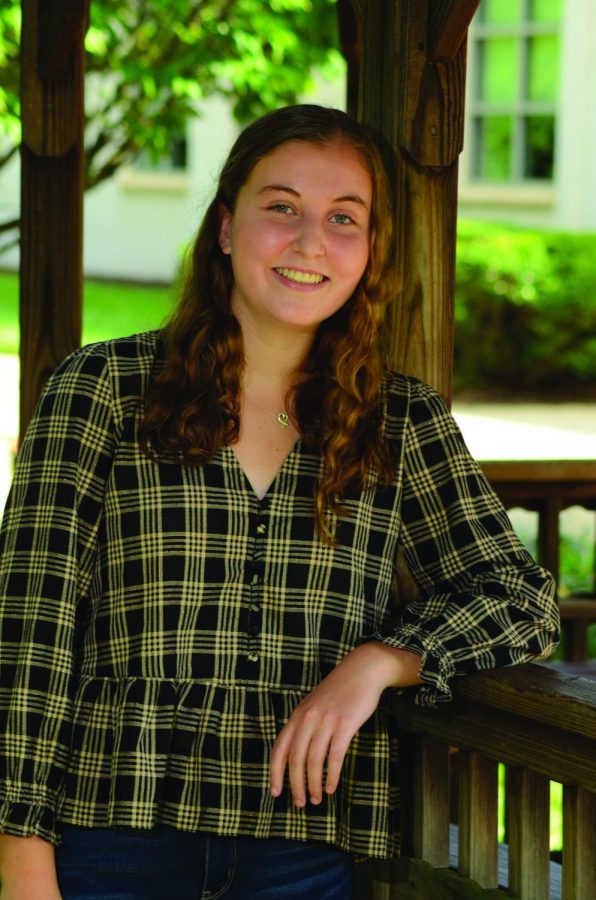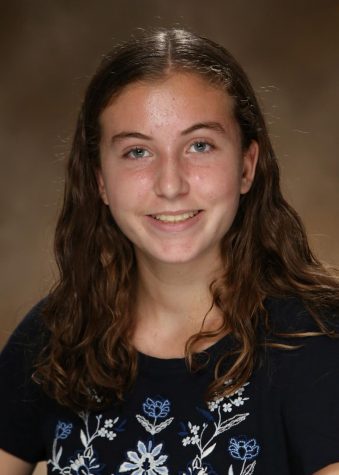Senior Column: Pluralism doesn’t just apply to Judaism
February 1, 2021
Whether we think that pluralism means Jews of different backgrounds uniting or that it is just a CESJDS buzzword, it is critical to the JDS experience and has been a vital part of my life as both a student and a young Jewish adult. At many points in my life, I viewed pluralism as something that creates division.
In theory, pluralism seems ideal, but in practice, it does not play out as expected. For me, growing up Modern Orthodox meant arriving two hours late to a Bat Mitzvah that had started before Shabbat ended or being unable to attend a birthday party that took place Saturday morning.
This annoyed me. How was I supposed to take part in this community if I was constantly being left out? In retrospect, it wasn’t anyone’s fault. Yes, it was unfortunate that I needed to miss these events, but at the same time, I needed to respect and deal with it. Despite not realizing it at the time, being in a pluralistic community does not mean getting what you want all the time or having other people adapt to your personal practices. It is about taking part in something bigger than yourself and learning from others, which in turn allows you to grow your own identity. In my mind, this idea of pluralism is not just about coexistence; it is about getting out of your comfort zone and seeing how each person brings a unique perspective that strengthens our community.
If this year has taught us anything, it is that now, more than ever, it is important to try to engage with people of different viewpoints no matter how hard or daunting it may seem. Pluralism means taking part in a conversation with others about the impact of the pandemic, social justice or politics. If we close ourselves off from others and stay within our little bubble, how can we expect to build empathy and tolerance in the world?








